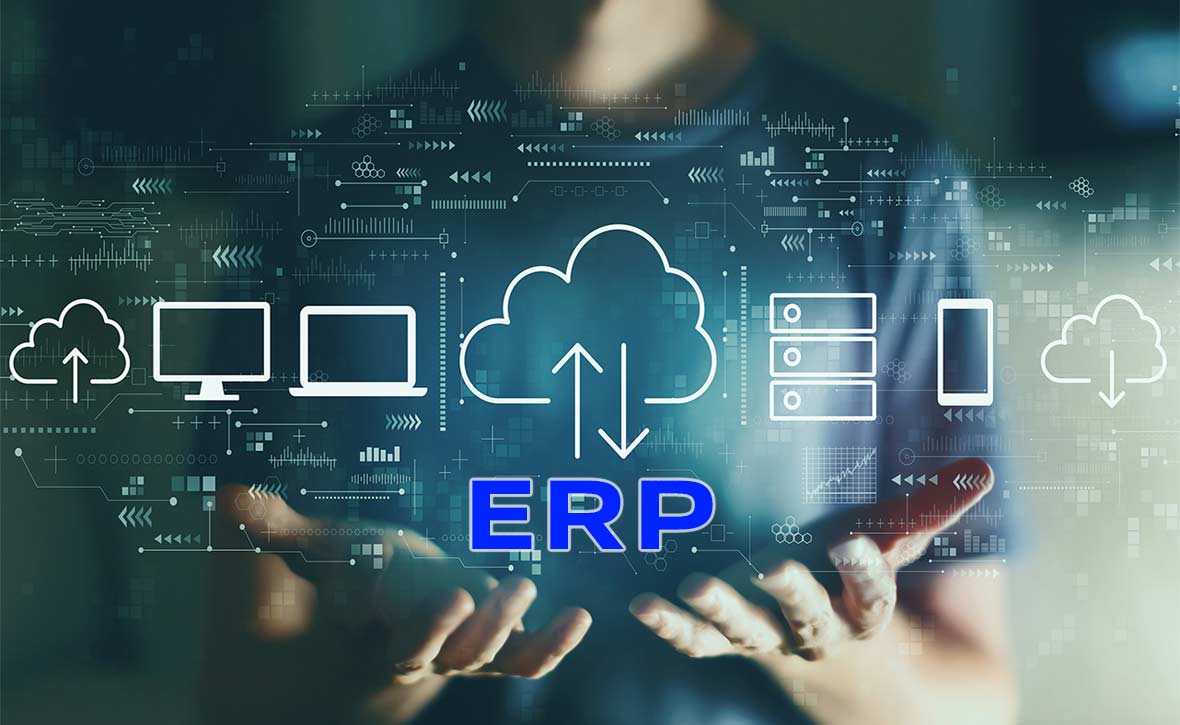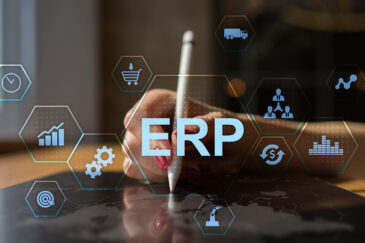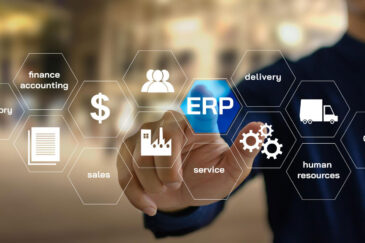How ERP Modules Can Transform Business Processes

- April 7, 2023
- Jhansi Rani
- 0
Financial Management
The ERP Financial Management module helps companies manage their financial operations effectively. This module provides a centralized system for managing financial transactions, including accounts payable, accounts receivable, general ledger, and financial reporting. The key features of the ERP Financial Systems module include the following:
General Ledger
It is a central repository for recording all financial transactions in the ERP system. It provides a complete view of the organization’s financial health and helps generate financial statements.
Accounts Payable
It manages vendor invoices and payments. It enables companies to track outstanding payments and make payments on time.
Accounts Receivable
It manages customer invoices and payments. It enables companies to track outstanding receivables and ensure timely payment collection.
Cash Management
It helps companies manage their cash flow by tracking cash inflows and outflows, forecasting cash requirements, and optimizing cash utilization.
Budgeting and Planning
It helps companies plan and manage their financial resources effectively. It enables companies to set financial goals, allocate budgets, and track performance against targets.
Financial Reporting
It generates financial reports such as balance sheets, income, and cash flow statements. It provides real-time access to financial data, enabling companies to make informed decisions.
Supply Chain Management
Inventory Management
It provides real-time visibility into inventory levels across multiple locations, enabling businesses to optimize and reduce inventory costs.
Procurement
It automates the procurement process, from sourcing suppliers to purchasing and receiving goods. It helps businesses manage the entire procurement cycle, from requisition to payment.
Warehouse Management
It manages the movement and storage of inventory within a warehouse or distribution center. It helps businesses optimize warehouse operations, including receiving, put-away, picking, packing, and shipping.
Logistics
It manages the transportation of goods from suppliers to customers. It helps businesses optimize transportation costs, track shipments, and ensure on-time delivery.
Demand Planning
It helps businesses forecast demand for products and services, enabling them to optimize production and inventory levels.
Production Planning
It helps businesses plan and schedule production based on demand forecasts, inventory levels, and capacity constraints. It helps businesses optimize production efficiency and reduce lead times.
Human Resources Management
The Human Resources Management (HRM) module is designed to manage and automate the human resource functions of an organization. It provides a centralized system for managing employee information, tracking performance, and administering benefits and payroll. The key features of the Human Resources Management module include:
Personnel Management
It helps businesses manage employee information, such as personal details, job history, and employment status. It provides a centralized system for managing employee data, enabling businesses to track employee information and maintain accurate records.
Payroll Management
It automates payroll, including calculating salaries, deductions, and taxes. It helps businesses manage payroll efficiently and ensures local laws and regulations compliance.
Benefits Administration
It helps businesses manage employee benefits, such as health insurance, retirement plans, and vacation time. It enables businesses to track benefit enrollment, manage benefit plans, and administer employee benefits.
Performance Management
It helps businesses track employee performance, set goals, and provide feedback. It provides a centralized system for managing performance data, enabling businesses to track employee performance over time and identify areas for improvement.
Training and Development
It helps businesses manage employee training and development programs. It enables businesses to track employee training history, plan training programs, and assess the effectiveness of training programs.
Customer Relationship Management
The Customer Relationship Management (CRM) module is designed to help businesses manage customer interactions and improve customer satisfaction. It provides a centralized system for managing customer data, tracking sales and marketing activities, and analyzing customer behavior. The key features of the Customer Relationship Management module include:
Customer Data Management
It provides a centralized system for managing customer data, including contact information, purchase history, and customer preferences. It enables businesses to maintain accurate and up-to-date customer records, improving the quality of customer interactions.
Sales Management
It helps businesses manage sales, from lead generation to closing deals. It provides a centralized system for tracking sales opportunities, managing the sales pipeline, and forecasting sales revenue.
Marketing Management
It helps businesses plan and execute marketing campaigns, from email marketing to social media advertising. It provides a centralized system for managing marketing campaigns, tracking performance, and analyzing customer behavior.
Customer Service Management
It helps businesses manage customer service inquiries, from complaints to product inquiries. It provides a centralized system for tracking customer inquiries, managing customer service cases, and analyzing customer satisfaction.
Analytics and Reporting
It gives businesses a comprehensive view of customer behavior, including purchase history, preferences, and feedback. It enables businesses to analyze customer data, identify trends, and make informed sales and marketing strategy decisions.
Project Management
The Project Management module helps businesses manage projects from initiation to completion. It provides a centralized system for managing project data, tracking progress, and allocating resources. The key features of the Project Management module include:
Project Planning
It helps businesses plan and organize projects, from defining project goals to developing project schedules. It provides a centralized system for managing project plans, assigning tasks, and tracking milestones.
Resource Management
It helps businesses allocate resources to projects, including personnel, equipment, and materials. It enables businesses to optimize resource utilization, manage resource capacity, and ensure that resources are used efficiently.
Time and Expense Management
It helps businesses track time and expenses associated with projects. It enables businesses to manage project budgets, track project costs, and allocate expenses correctly.
Collaboration and Communication
It helps businesses facilitate collaboration among project team members within the organization and with external stakeholders. It provides a centralized system for sharing project information, communicating with team members, and collaborating on project tasks.
Risk Management
It helps businesses identify and manage risks associated with projects. It enables businesses to assess project risks, develop mitigation strategies, and monitor risk across the project lifecycle.
Analytics and Reporting
It gives businesses a comprehensive view of project performance, including progress, resource utilization, and project costs. It helps analyze project data, identify trends, and make informed decisions about project management strategies.
Oracle ERP Cloud Services

Services
Products
Company
Copyright © 2024 Rite Software Solutions & Services LLP. All rights reserved.



